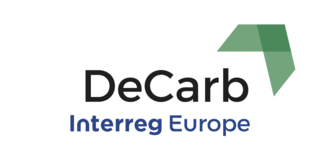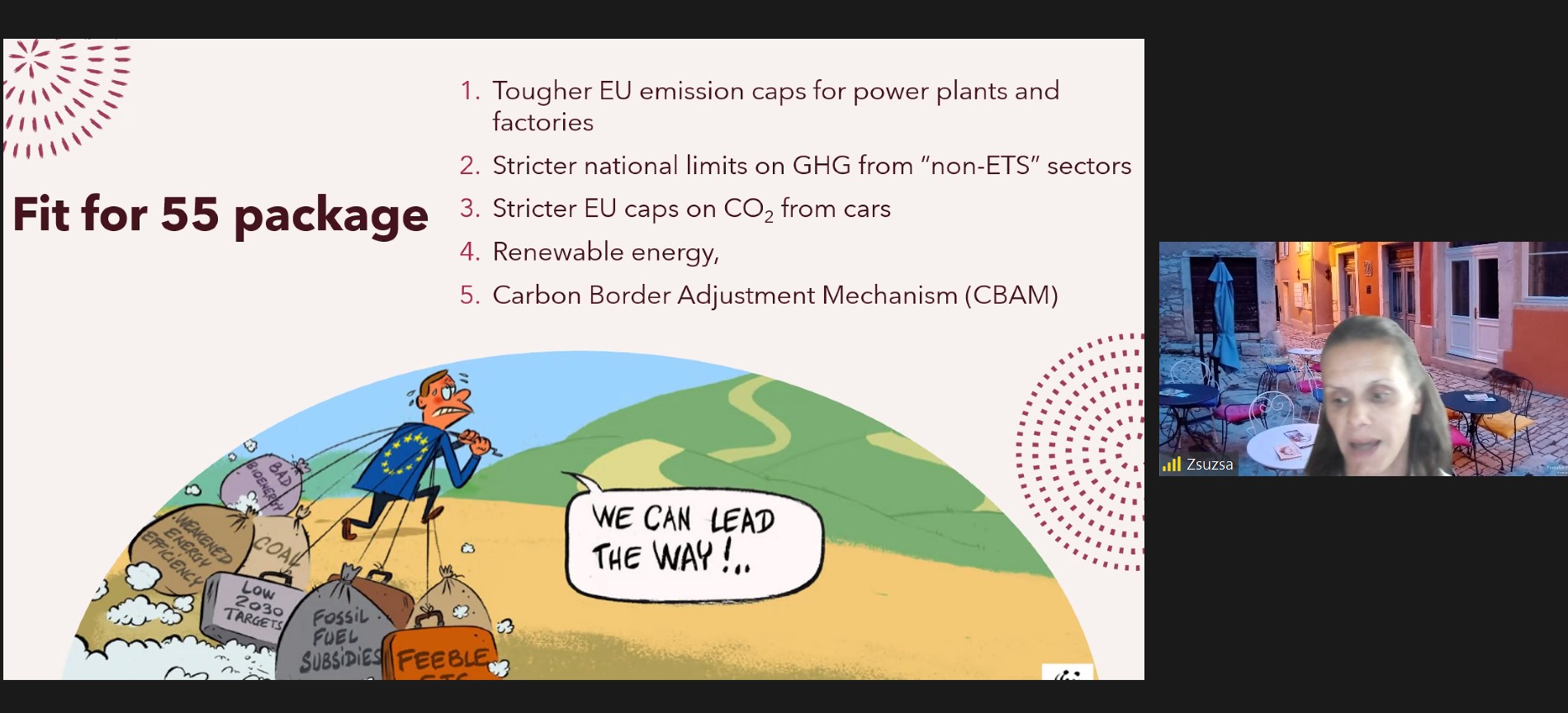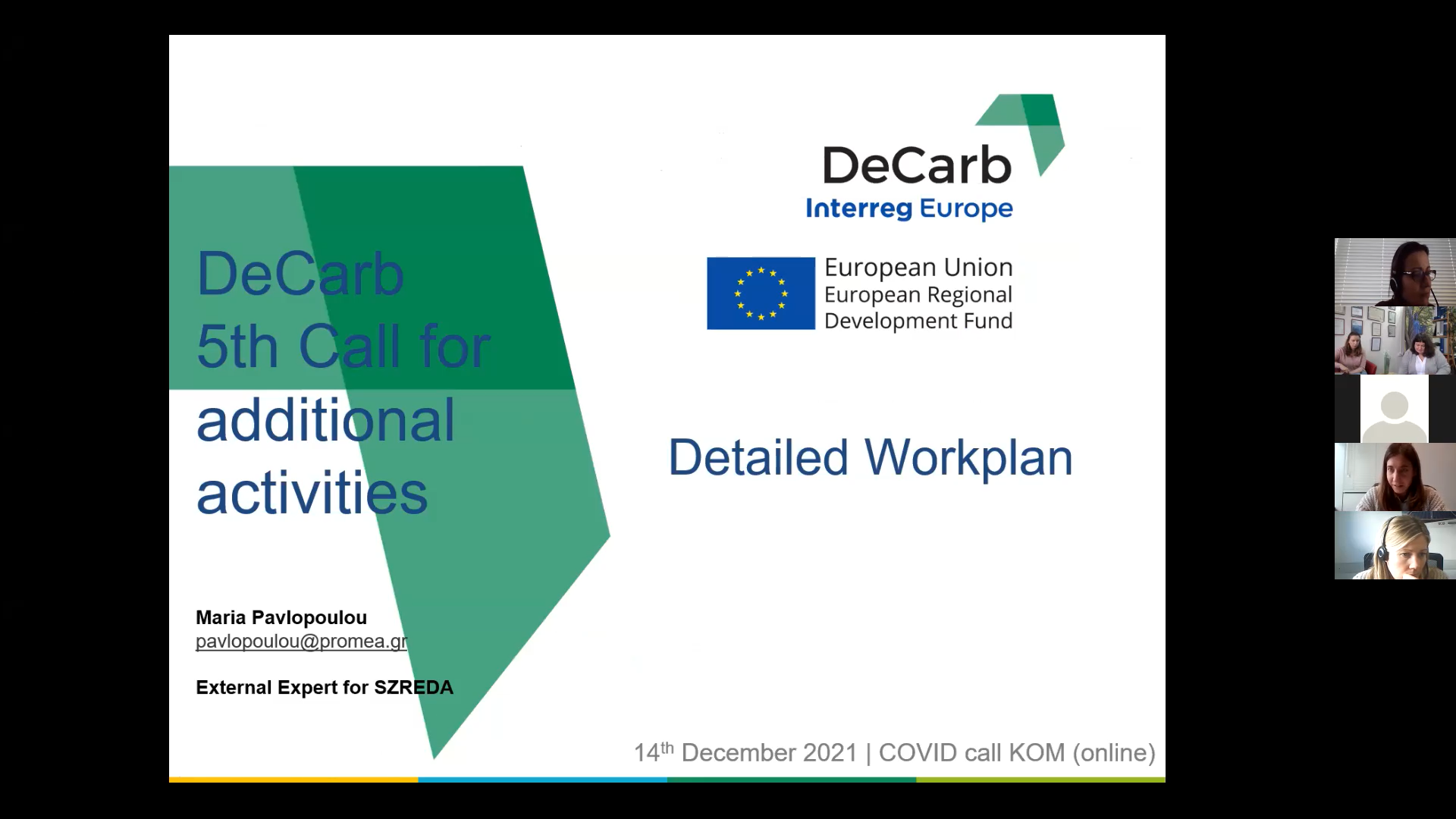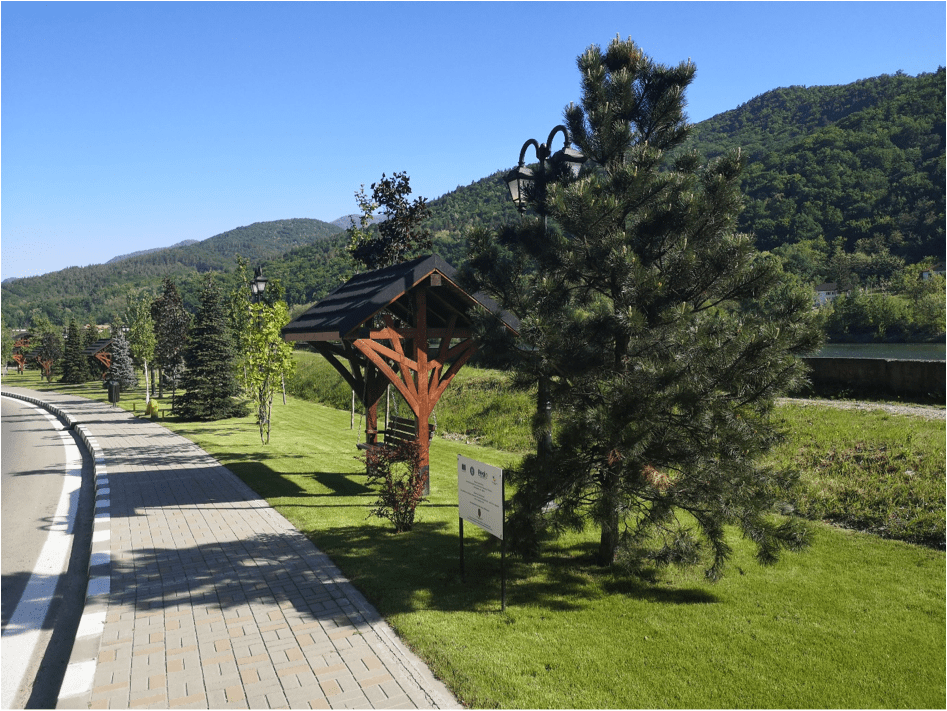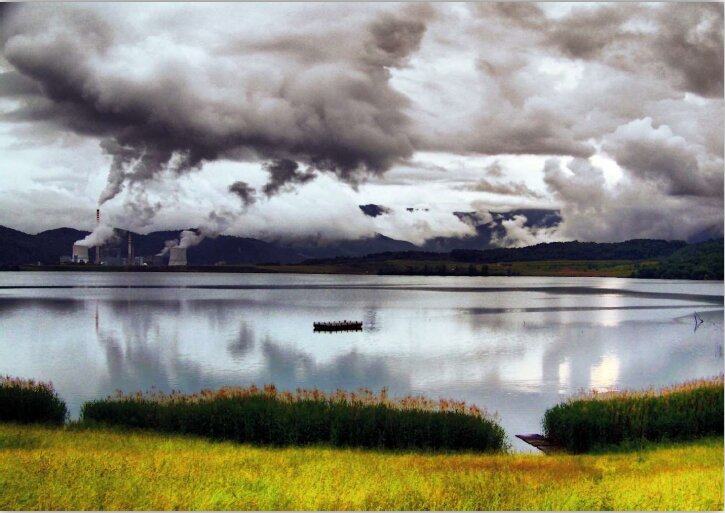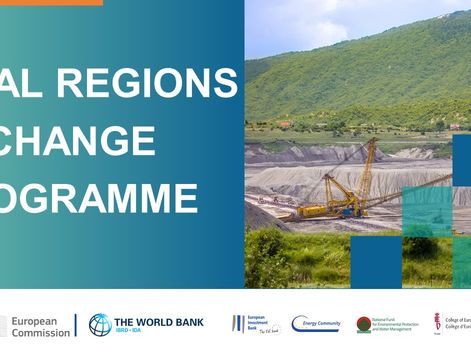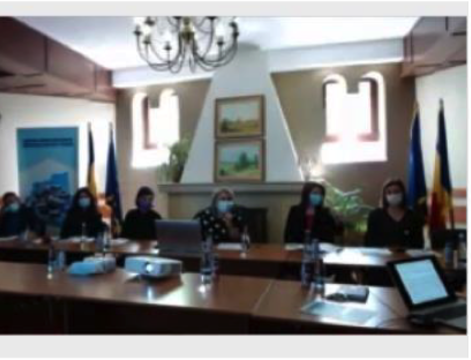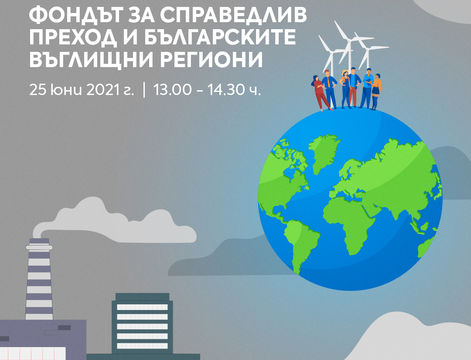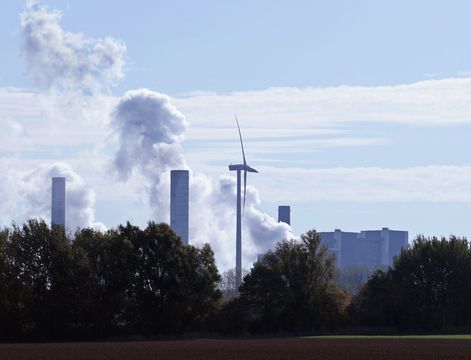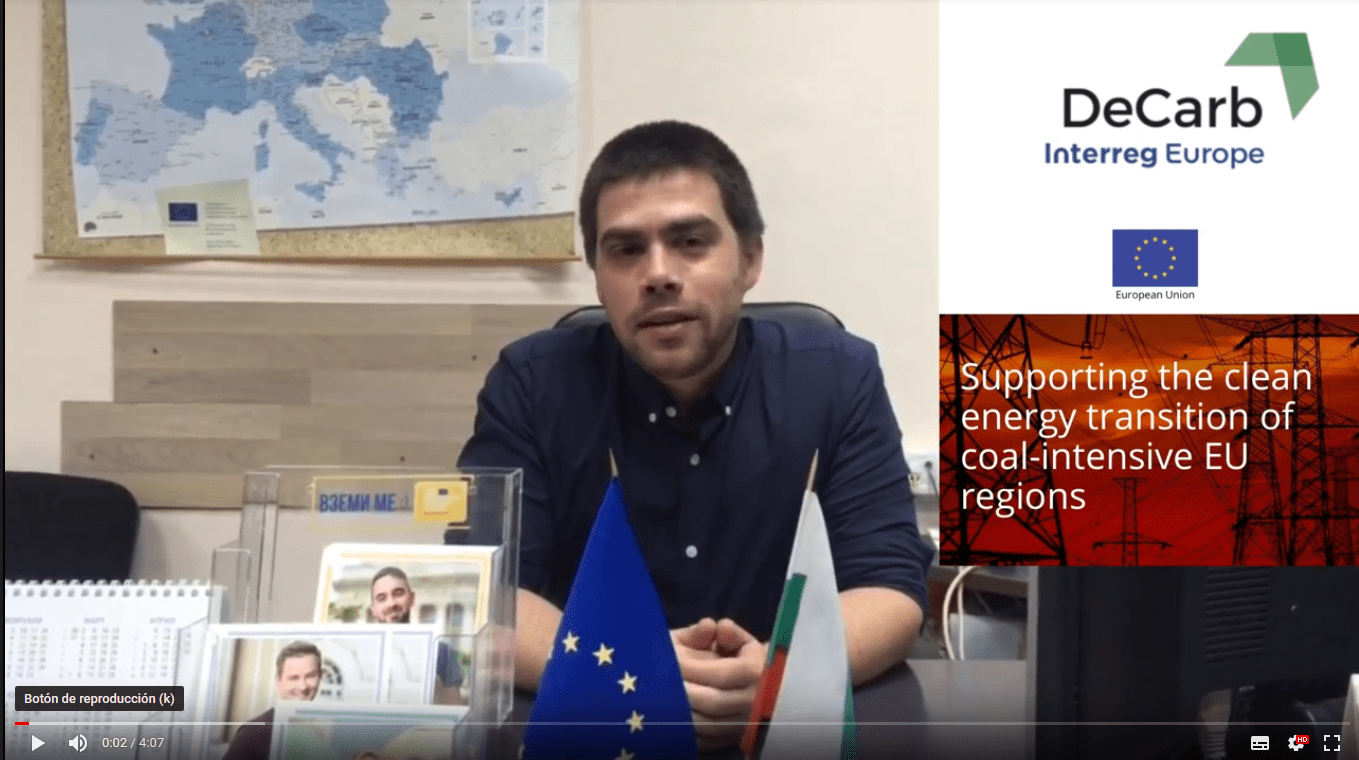House of Energy’s DeCarb stakeholders were gathered at a meeting arranged by The Danish Business Authority and Business Development Centre Northern Denmark on the establishment of a new decentralized business development strategy. The strategy will integrate the use of the European regional development funds 2021-2027, and as such the meeting also functioned as an evaluation of the governance of the Operational Programme for 2014-2020.
The focus of the stakeholder meeting was the policy addressed by Denmark: The National Operational Programme for the European Regional Development Fund 2014-2020, Innovative and Sustainable Enterprise Growth. In particular, priority axis 3: Energy-efficient and resource-efficient enterprises (thematic objective 4 – investment priority 4f: promoting research and innovation in and adoption of low-carbon technologies).
The meeting started with a generel introduction to regional business development and the European regional development funds, which was followed by breakout sessions of five thematic areas:
- Green transition, circular economy, resource-efficiency and CO2 reductions.
- Digitalisation, automatization and new technology.
- Turism.
- International competitevness, cluster cooperation and innovation collaboration.
- Qualified workforce.
In terms of the specific objective of Denmark in DeCarb, the promotion of research and innovation in and adoption of low-carbon technologies, the following point was, amongst others, discussed as evaluation of the governance of the 2014-2020 structural funds in the thematic area 1 of green transistion, circular economy, resource-efficiency and CO2 reductions:
- Better scale-up advise for SMEs, especially those working with cleantech.
- Better usage of green actions as drivers for SME scale-up and export development.
- More assistance to smaller SMEs in handling the increasing digitalization demand.
- Better possibilities of getting scale-up funding for SMEs not situated in the larger cities.
- More help to SMEs in developing the business instead of just running the business.
- Intensify start-up assistance and funding - it is easier to scale-up than to start-up.
- Better knowledge in SMEs of the possibility for EU funding.
- More focused help in SMEs new leadership overtake, which currently cannot get start-up help.
- Innovation is not only high technology – a broader approach to innovation.
- More lobbying in getting public procurement to buy low-carbon goods.
- The sustainable energy transition of an SME should be the means to an economic growth – not the goal.
